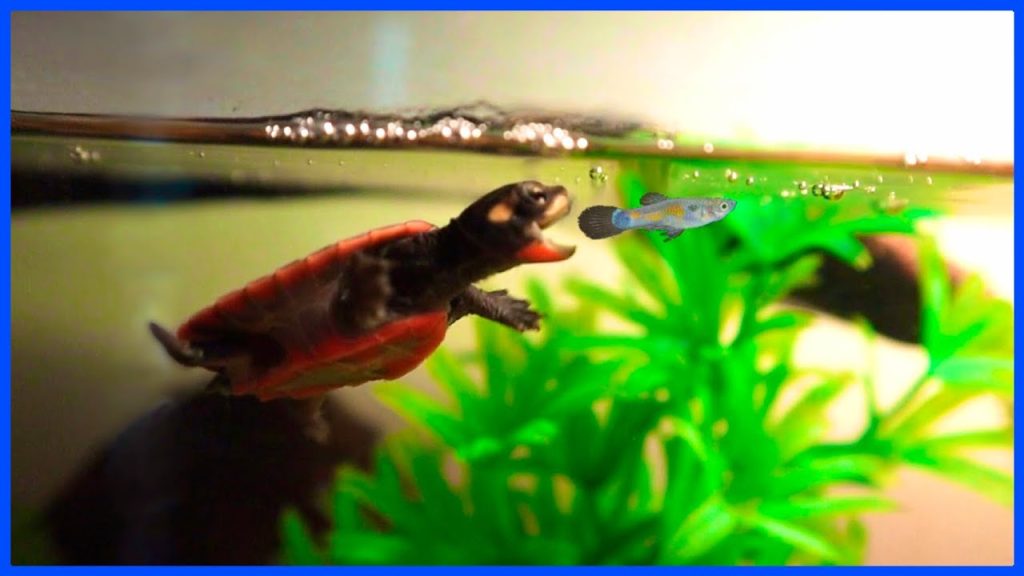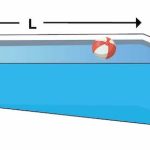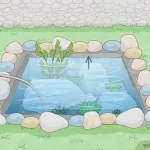One of the most common questions among pond owners and wildlife enthusiasts is whether pond turtles eat fish. Pond turtles are fascinating creatures that play a vital role in the ecosystem of ponds and lakes. They are omnivores, which means they have a varied diet that includes both plant and animal matter. While pond turtles primarily feed on aquatic plants, insects, and small invertebrates, they have been known to consume fish as well.

Credit: m.youtube.com

Credit: pets.stackexchange.com
Understanding Pond Turtles’ Diet
Pond turtles are opportunistic feeders, meaning they will eat whatever food is readily available to them. Their diet mainly consists of aquatic vegetation such as algae, pondweeds, and water lilies. They also consume small insects, worms, snails, and tadpoles. However, if fish are present in the pond, pond turtles may occasionally prey on them, especially if other food sources are scarce.
Factors Influencing Pond Turtles’ Predation On Fish
Several factors can influence whether pond turtles will eat fish. The size of the turtle and the fish, as well as the availability of other food sources, play a significant role. Larger turtles are more likely to consume fish, particularly smaller species such as minnows and guppies. If the pond is overcrowded with fish or lacks sufficient vegetation for the turtles to feed on, they may resort to preying on fish to meet their nutritional needs.
Behavioral Patterns of Pond Turtles
Observing the behavioral patterns of pond turtles can provide insights into whether they are likely to eat fish. Turtles that spend a significant amount of time near the water’s surface or exhibit hunting behaviors, such as stalking and lunging at fish, are more likely to consume fish. On the other hand, turtles that primarily bask on rocks or logs and feed on vegetation are less likely to prey on fish.
Impact on Fish Population
While pond turtles may eat fish occasionally, their predation is unlikely to have a significant impact on the overall fish population in a pond. Turtles are not efficient predators of fish and are more opportunistic feeders. Fish populations in ponds are generally self-regulating, with factors such as water quality, habitat availability, and predation from other species playing a more significant role in population dynamics.
Coexistence of Pond Turtles and Fish
Despite the occasional predation on fish, pond turtles and fish can coexist harmoniously in a pond or lake. Both species contribute to the ecosystem by helping control insect populations and maintaining a balanced food chain. Providing ample vegetation and hiding spots for fish can help reduce the likelihood of turtles preying on them and promote a healthy ecosystem in the pond.
In conclusion, pond turtles are omnivorous creatures that primarily feed on aquatic plants, insects, and invertebrates. While they may eat fish on occasion, their predation is not a significant threat to fish populations in ponds. By understanding the factors influencing pond turtles’ diet and behavior, pond owners can create a balanced ecosystem where turtles and fish can coexist peacefully. Proper habitat management and providing a variety of food sources can help maintain the delicate balance between pond turtles and fish in a natural setting.





